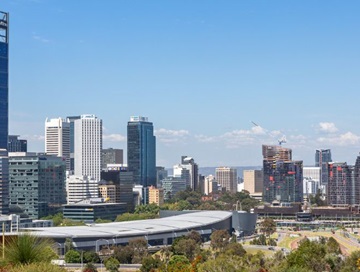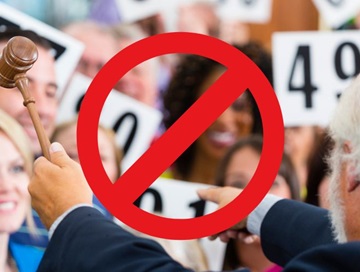As one of the most crucial and busy times for investors is fast approaching, many investors are asking how they can maximise their tax deductions.
Being prepared and having your paperwork in order, including all receipts, is key. It's also important to be aware of all tax deductions, as some are often overlooked and are a vital part of your cash flow management.
Expenses
Common expenses that you can deduct that are incurred include, strata fees, council rates, water rates, land tax, cleaning, gardening, insurance (including landlord's insurance) and interest expenses.
Interest expenses are one of the largest expenses for most investors. As long as the purpose of the borrowing was to invest in the property to obtain income, then interest expenses will be deductible. Any costs of establishing the loan will be deductible over five years.
Keep an eye out for expenses which can be prepaid this financial year and deducted this year. Some expenses, such as insurance fees and professional subscriptions, can be deducted even if they are related to the next financial year.
REIWA strongly encourages all investors to use the services of a property manager. Not only are they a valuable asset in helping manage your property, maximising rental returns and keeping the property aligned with the tenants' needs, their fees can also be deducted.
Repairs
Now is also the time to look at those minor repairs that you may have been putting off, whether it's minor roof repairs, or a fresh coat of paint, as deductions related to the maintenance of your property are tax deductible.
Note that renovations or improvements are not able to be deducted immediately, as they are classified as capital improvements and need to be written off over their useful life, which may be as much as 40 years.
Depreciation
If your residential investment property was built after 1990 or had a significant renovation after 1990, it's recommended that you organise a depreciation schedule from a quantity surveyor as depreciation is one of the biggest claims that is often missed.
If your property is brand new you can claim depreciation on the plant and equipment (such as blinds and appliances) as well as the building. Even if it wasn't brand new, you can still claim building depreciation which could be thousands of dollars per annum.
More information
If you're an investor, find out more about how to claim your legitimate deductions by reviewing the ATO website or speak to your accountant.
.tmb-imgwidgetm.jpg?sfvrsn=f5cea478_1)








767bbbc6-4993-4f16-8933-e9b2baaac7a0.tmb-rcarousel.jpg?sfvrsn=8cf14270_1)
